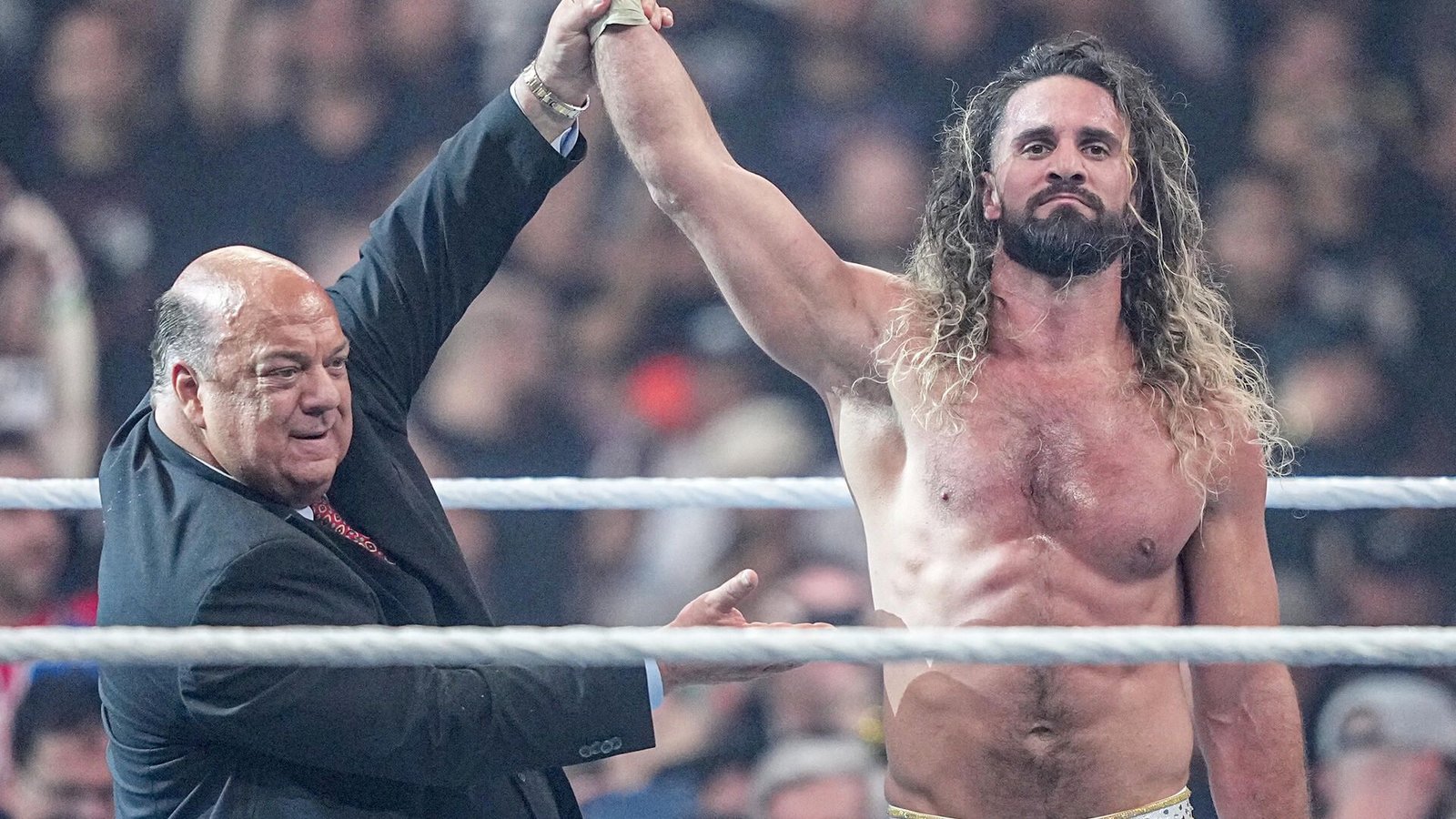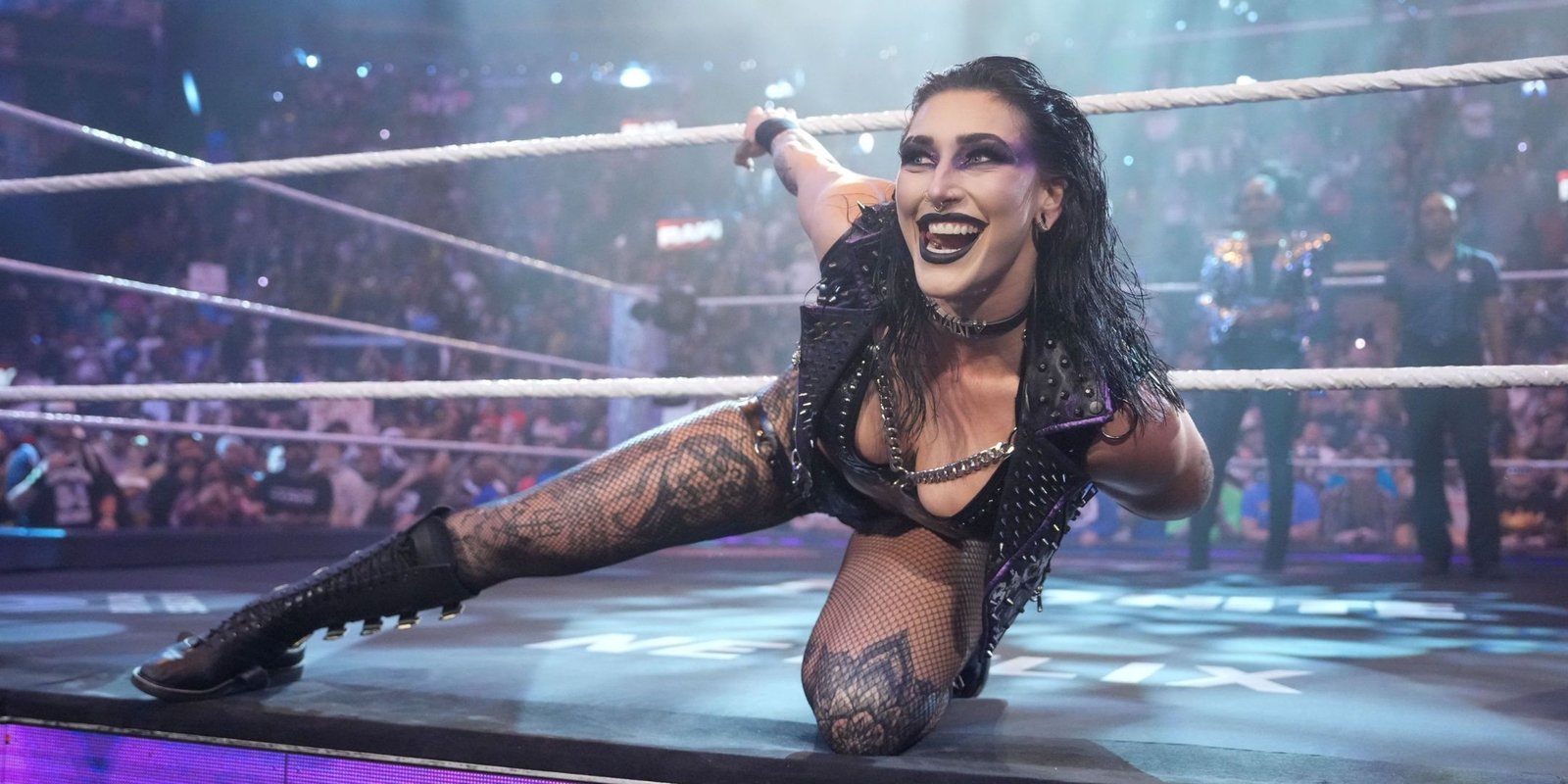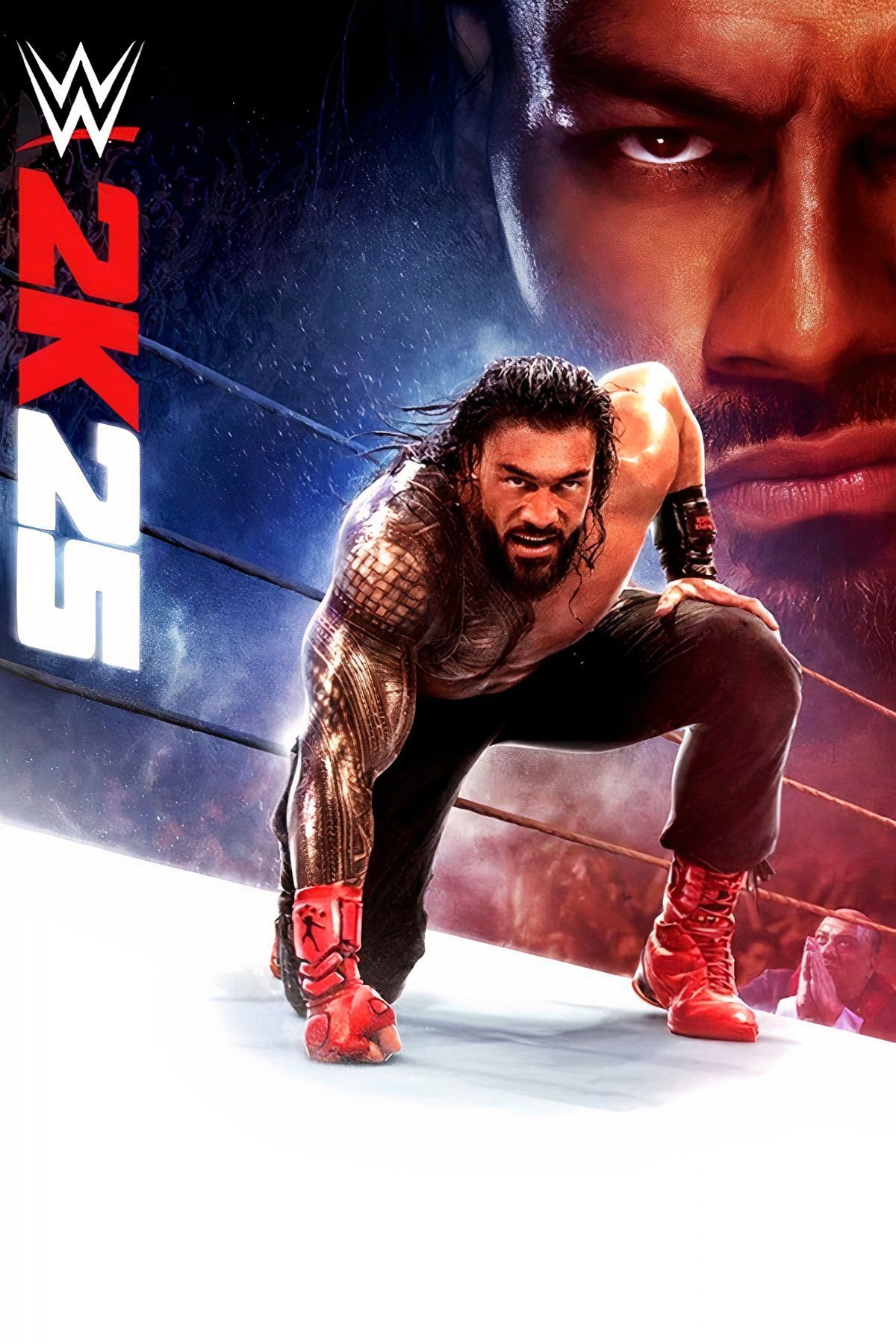WrestleMania 41 took place this past weekend in Las Vegas, and it was… fine? The two-day show had a lot of fantastic moments and matches, but also some mediocre bouts and weird creative decisions that stalled storylines rather than progressing them. For what is meant to be the biggest professional wrestling showcase of the year, I’m hesitant to say whether it delivered. It lacked the big fight feel and unparalleled spectacle I’m used to witnessing during the Showcase of the Immortals, and I’m curious how much of that is down to Netflix.
The end of WWE Network coincided with the global debut of Raw on Netflix. It joins NXT, Smackdown, and every single premium live event, alongside a catalog of content that dates back several decades. There’s never been a better time to be into wrestling, since accessing all things WWE is easier than ever, but has this increased popularity resulted in a higher level of quality in the actual product? I’m not so sure, and WrestleMania 41 has left a bad taste in my mouth for a lot of reasons.
WWE Cares More About Viral Moments And Celebrity Than Actual Wrestling
WWE has always had a fascination with celebrity. It felt like using Hollywood names, or merely having them in attendance, helped WWE justify its existence in some way. Cyndi Lauper, Mr T, Donald Trump, Johnny Knoxville, and more have been involved in matches, while many others have been highlighted ringside. Celebrity appearances used to just add flavor to the experience, but when Travis Scott becomes involved in the biggest angle of the year and makes the main event of Cody Rhodes vs John Cena feel like a dull whimper, then we have a problem on our hands.
There were several moments throughout WrestleMania weekend where the show came to a standstill to focus on random celebrities in the crowd, and most fans view this distraction as needless boasting from WWE.
Celebrities bring in money, and now that it’s on Netflix, WWE is desperately aware that it can make more profit than ever with more expensive tickets and tacky merchandise, along with a bigger focus on celebrities than ever before. We’re entering an era where the wrestlers themselves play second fiddle.
Travis Scott is a big name, and I understand having him around could potentially boost views and box office numbers, but does he truly have any business waltzing into the biggest match of the decade and ruining the final moments for the sake of a fleeting moment of virality? Judging from fan reactions, I’m not alone in hating it.
But WWE believes it is beyond criticism, with Paul ‘Triple-H’ Levesque spending much of the week ahead of WrestleMania 41 appearing on podcasts to complain about internet critics who dare to take the product he is responsible for to task. Instead, they should all be loyal and adoring fans, happy to eat up the slop served to them instead of suggesting they deserve better. If people are paying money to watch and attend WWE programming, they have the right to critique it, and if your response is to call them cowardly or toxic, you shouldn’t be in a leadership position to begin with.
This boldness to confront critics and act like any sort of constructive criticism is a means of tearing the company down, also leads me to another aspect of WWE programming that is a sad reflection of the modern era – how casual bigotry feels woven into its very identity.
While Its Confident Descent Into Bigotry Feels Like A Big Step Backwards
WrestleMania 41 featured a match between Rey Fenix and El Grande Americano. If you think that second name seems a little silly, you’d be right. The character isn’t an actual luchador, but a wrestler known as Chad Gable masquerading as a Mexican wrestler after he learned the Dark Art of Lucha Libre. The joke here is that El Grande Americano is obviously just Chad Gable in disguise, but the stark denial from everyone involved makes it hilarious.
And it was for a couple of months, until WWE released an AI-generated promotional film on social media that described Americano as hailing from the Gulf of America, making it clear it was coming from a place of bigotry towards Mexican people, rather than a fun homage to the world of luchador. At WrestleMania 41, his character entered the arena accompanied by a live mariachi band. A grainy camera filter gave the illusion of the character originating from an older version of Mexico. It was, to be blunt, incredibly racist. He also went on to win his match against an actual luchador in Rey Fenix. Yikes…
During the Pat McAfee show the day following WrestleMania, Paul Heyman was also filmed heckling a fan in the audience, saying “Who’s the smart ass? You, the one that’s (sic) gonna get deported. Hey amigo, I may suck but it’s your mother that taught me how.” This was a part of the scripted show, not some random instance filmed by a fan.
If WWE is willing to be this politically incorrect in its storytelling and language on the air, who knows what sort of climate is being established behind the scenes. Maybe I’m just too woke, but ever since Donald Trump returned to office and WWE came to Netflix, it has appeared to be more and more emboldened when it comes to ignoring critics and embracing the absolute worst parts of its political identity. It can make cutting jokes and depict fun characters, but if it is clearly driven by an undercurrent of legitimate ignorance and bigotry, something needs to be said.
There are great, oftentimes progressive people in WWE that I look up to and admire. I’ll continue to enjoy professional wrestling and the shows they put on, but pointing out where it has gone wrong in the Netflix era is what any good fan should be doing. We love professional wrestling enough to critique, dissect, and try to make it better, and to have that thrown in our faces in a deluge of celebrity worship is nothing but disrespectful. WWE needs to, and can, do so much better than this.




